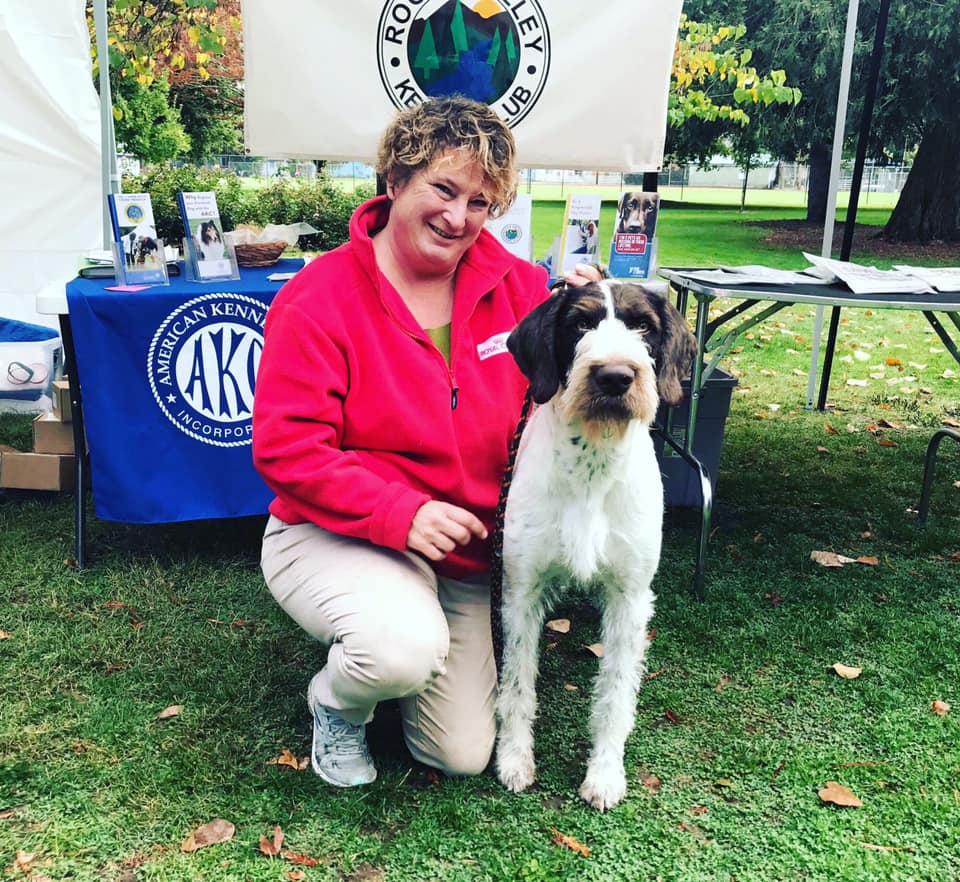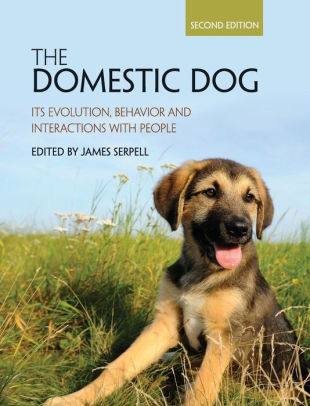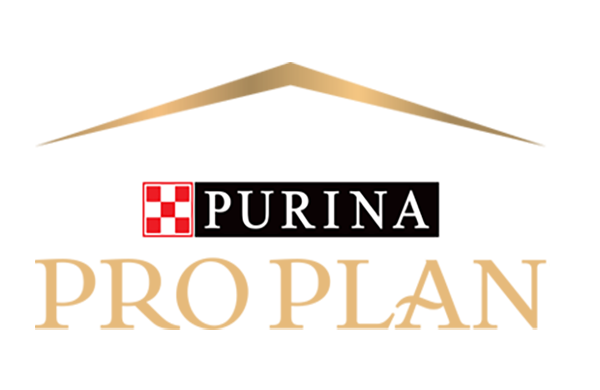Breeders Voice: Wonderful and Amazing Things to Do with your Dog

Working History of Purebred Dogs
Purebred dogs were developed by humans more than 3,000 years ago for specific reasons and to do specific jobs.
According to author James Serpell, in “The Domestic Dog: Its Evolution, Behaviour, and Interactions with People,” “from then onwards, dogs of the greyhound type were frequently depicted on paintings and pottery in Egypt and western Asia. the greyhound seems to be one of the most ancient of the foundation breeds….”
Research shows us that the domestication of wolves began far earlier, some 15 thousand years ago, with the most distinctive scientific evidence of domestic dogs dating to roughly 9000 years ago in locations as far-flung as China, Iraq and Chile.
As people found these domestic dogs useful, they were bred intentionally and for a purpose. Lithe swift running hounds captured rabbits and gazelle to feed families. Family guard dogs kept watch. Livestock guardians and herding dogs stood between sustenance and starvation, often for an entire village. All of these behaviors and many more are still hard-wired into the brains of our purebred dogs today.
Although few of us in modern society *require* our purebred dogs to possess these skills on a subsistence basis, it remains truly awe-inspiring to watch a dog’s instincts, developed over hundreds, even thousands, of generations, kick in and go to work. The teamwork, trust, and communication developed between dog and handler while engaged in these pursuits only enhance the bond of companionship.
With all of this in mind, the American kennel club has a LONG list of activities, competitions, and tests designed to highlight the skills and instincts dogs needed in years gone by and even in today’s hectic world.
There is literally something for *everyone* to do with their purebred dog. Competitive and Non-Competitive venues are available, depending on your preference.
Conformation
Conformation dog shows are a competitive arena in which purebred dogs are judged against the written standard for their breed. The AKC currently registers 189 dog breeds. Each one of these has a standard of perfection in appearance, written by the breed’s “parent club.” Many of the “standards” are unchanged in essence from the earliest descriptions of the breed. The breed’s appearance, in every case, was dictated by its “job” and the specific location around the globe in which it was developed. We call this idea “form follows function.”
In conformation dog shows, the dog judged to most closely meet its respective breed standard is declared the winner. This venue was developed as a way to sort “breeding stock” of animals used to improve the form and, thereby, ideally the function, of the breed in question. As such, it is the only venue which requires a dog to not be spay or neutered.
Junior Showmanship
Junior Showmanship is a competition which judges young exhibitors (children from 9 to 18 years of age) on their skill at presenting dogs in a conformation setting. The dogs, other than being purebred and AKC registered, are not required to meet their respective breed standards, nor are they judged on that level. Only the handler’s skill is being tested.
Rally and Obedience
Rally and Obedience offer various levels of pass/fail tests which gauge a dog’s ability to take direction, and follow voice cues and hand signals. The skills tested include those any companion dog should know — walking at heel, come when called, sit, down and stay, as well as to stand quietly to be touched by a stranger.
More advanced tests require retrieving, going over jumps, scent discrimination and gradually increasing levels of teamwork between the dog and handler.
Agility
Agility is one of the fastest-growing sports in purebred dogs. This is a highly competitive venue in which handlers direct their dogs over around and through obstacle courses comprised of teeter totters, weave poles, jumps, chutes, elevated planks, and more. Agility is a fast-paced game that dogs and owners love to play. For folks who think other options are sort of boring or tedious, check out an agility ring sometime. These teams are having a blast!
Tracking, Field Trial, and Hunt Tests
Our purebred dog’s sense of smell is literally 100 thousand times more accurate than ours. This amazing talent, re-purposed from the drive to locate game, is one of their greatest gifts to humanity. It allows them to find missing people and disaster victims, locate narcotics or bombs, even detect cancer cells. Tracking is a pass/fail test of a dog’s scenting ability and determination to follow a “track” or a trail left by a person other than its handler. Tracking tests are an outstanding opportunity for teamwork, as handlers have to learn to rely on their dogs noses and let them do the work!
Field Events are designed to test the ability of dogs to work with their handlers finding and procuring game for the table. This is one of the first jobs purebred dogs were designed to do. AKC offers field events for all dogs in the sporting group and most in the hound group. Both competitive (field trial) and non-competitive (hunt test) options are available in most cases.
Sporting dogs are those who were originally bred to pursue primarily feathered game. They are further divided by the style with which they work the birds. AKC offers both hunt test and field trial options for all of these breeds.
Pointing breeds include setters, pointers and all of the Continental Versatile Hunting Dogs. These breeds work away from the handler and generally out of gun range. The dog’s job is to seek and locate birds and then point them. The intense focus of a pointing dog both holds the game in place and indicates to the hunter where to find his quarry.
Retrievers, everything from the Labrador to the Curly Coated, were developed primarily to retrieve shot game, often out of icy water, and deliver it to the hunter’s hand. These dogs typically work at the handler’s side and use keen eyesight to “mark” where the birds land when they are shot. They were purposely bred to have a calm, easy-going temperament so as to not, literally, “rock the boat” when waiting for a retrieve.
Spaniels, from the English Springer to the Sussex are flushing dogs. They have been bred for centuries to work close to the hunter, well within gun range, and to find and then immediately flush the birds for the gunners to shoot. Despite their names, the American and Irish Water Spaniels are generally considered retrievers.
Hounds – Lure Coursing, CAT and Earthdog
Hounds are categorized as dogs whose original purpose was primarily to hunt furred game. They are further divided into sight hounds, like Greyhounds and Basenjis, and scent hounds, such as Bassets and Beagles.
Sighthounds participate in competitive Lure Coursing trials in which the dogs chase after a mechanical “lure” to test speed and agility. Recently, the sport has spawned a new event open to all breeds called Coursing Aptitude Tests. This fun opportunity for dogs to stretch out and run has people and dogs of all varieties getting after the “bunny.”
Another relatively new event, Earthdog Tests, offers the breeds created to “go to ground” after their prey, Dachshunds and Many of the Terriers, a non-competitive venue in which to test their instincts.
Specific field trials or “hunts” are also held for many of the scent hound breeds. Beagles, Bassets, Dachshunds and all of the various Coonhound breeds have their own events at which to showcase their unique and melodious voices, known as “giving tongue,” while following their quarry.
Herding
Another of the earliest jobs for which dogs were intentionally bred was to herd livestock. Moving large flocks of sheep, goats, cows, even ducks and turkeys, from point A to point B was a big job and a good dog was often the only way to handle it successfully. Each breed handles livestock differently, but they all had the goal of moving or keeping the herds together. AKC’s herding tests enable today’s owners to display their dog’s instinct and prowess at this skill.
And more…
Dock Diving, Flyball, Barn Hunt, Nosework, SAR, Therapy, CGC, Star Puppy
Finally, AKC offers a whole host of fun events at which dogs and owners can earn titles. These games are enjoyable, generally not cost prohibitive and available in almost any area of the country. Dock Diving and Flyball, Barn Hunt and Nosework, Search and Rescue and Therapy Dog are all opportunities for you and your purebred dog to work as a team, have fun and even make a difference in your community. The Canine Good Citizen and Star Puppy programs are great places to start working with your companion dog to build and enhance the skills she’ll need to be a happy, respectable member of society.
Whew! That’s a HUGE list of “stuff to do” with your purebred dog. And we’ve just scratched the surface! As we go along, we’ll talk to people involved in each of these sports to give you a more in-depth and up-close look at what’s involved and how you can get started.
The Domestic Dog by James Serpell
Its Evolution, Behavior, and Interactions with People – James Serpell
KNOWLEDGE IS POWER — FRANCIS BACON
When you become a patron of Pure Dog Talk you’ll tap into an exclusive community of experts to help you and your dog be blue-ribbon best at whatever you do with your purebred dog! Your support helps keep the MP3's rolling at Pure Dog Talk!
As a supporter, you’ll immediately gain access to the weekly Pure Pep Talk SMS, Pure Pep Talk private Facebook group, and priority emails. Patrons can choose to level up to the After Dark Zoom and a Patrons Digital Badge for their website— even a private counseling session with Laura on any topic.

DON'T MISS AN EPISODE!!









